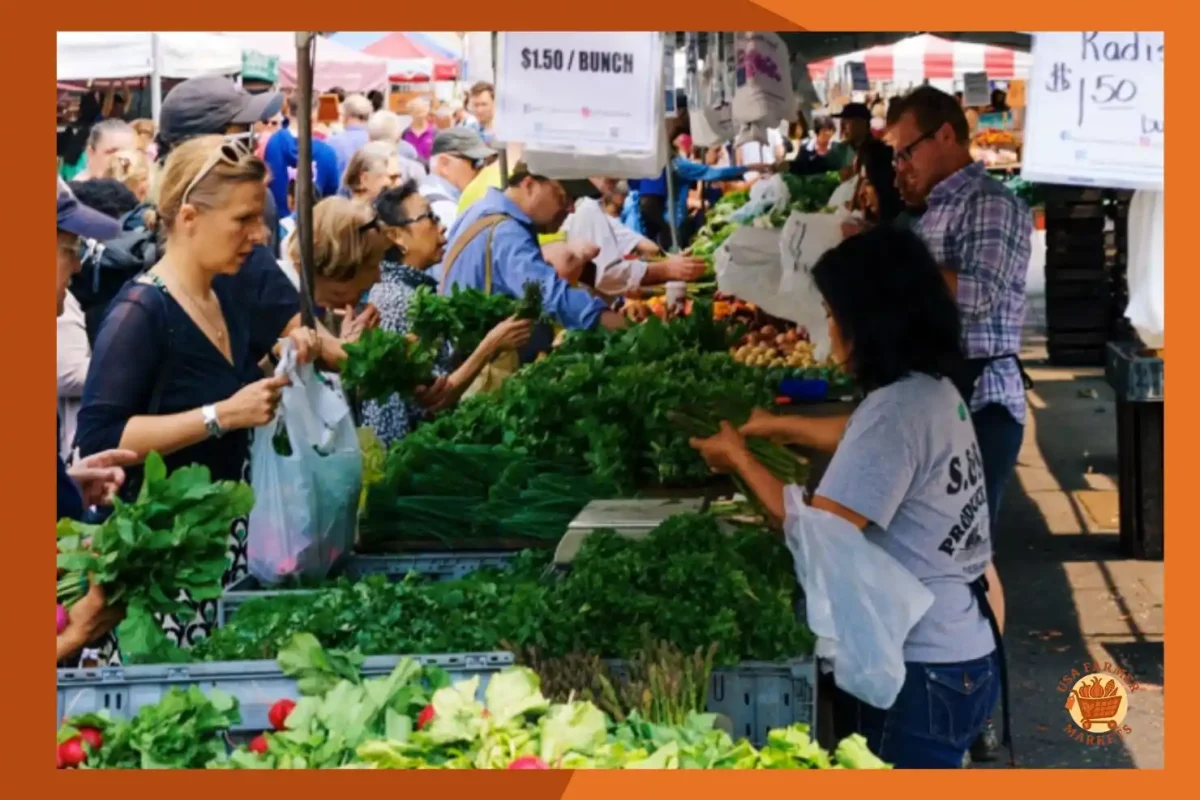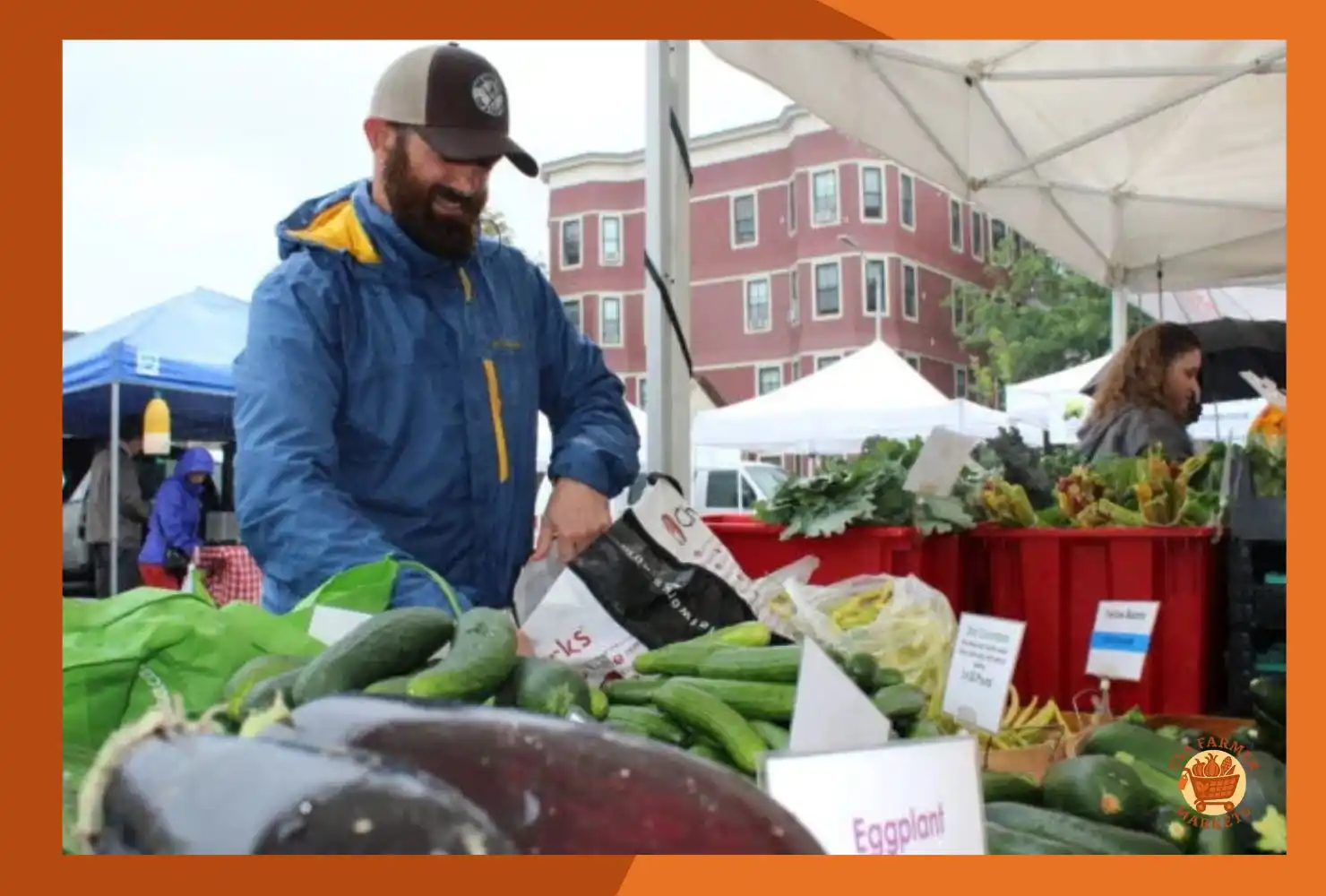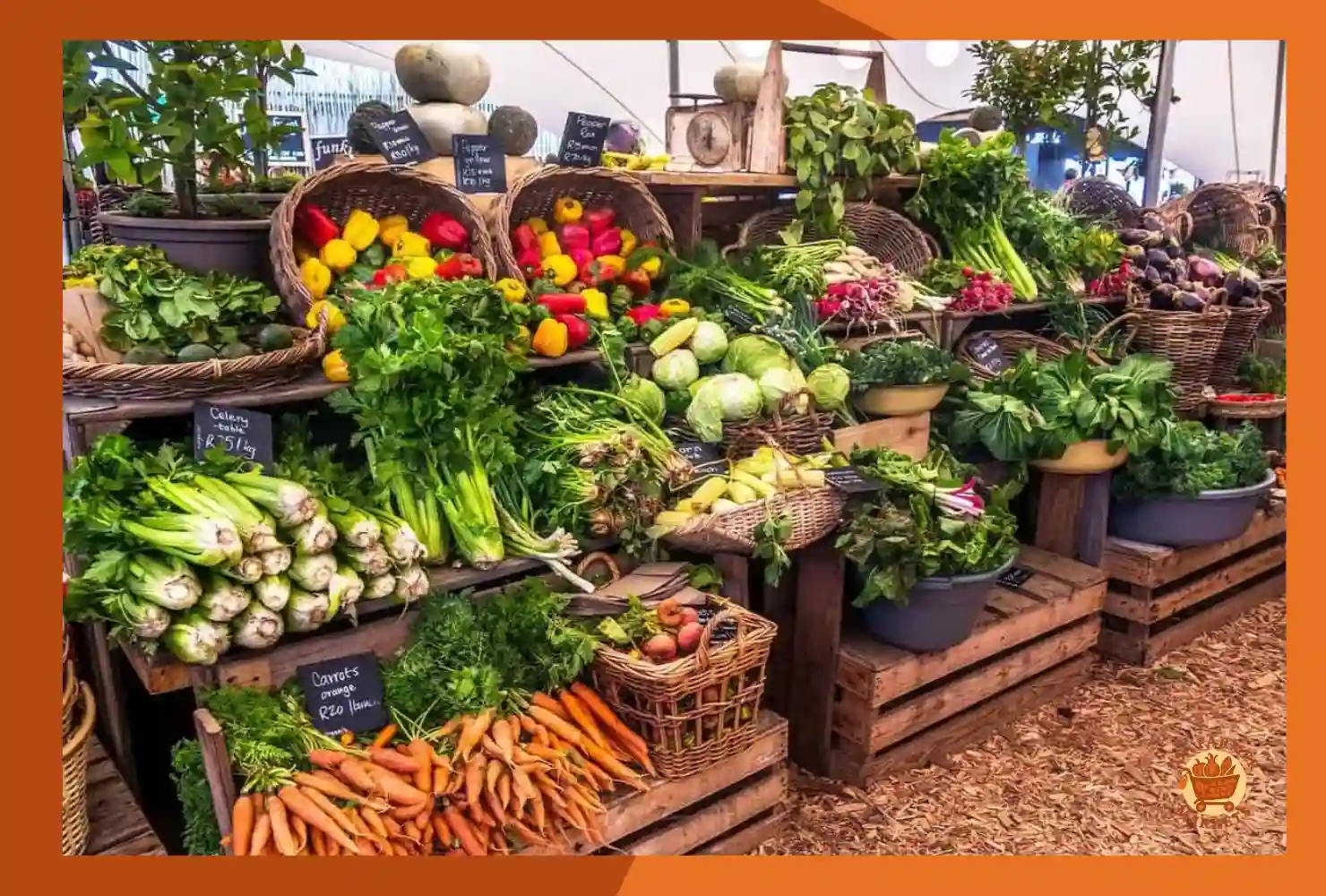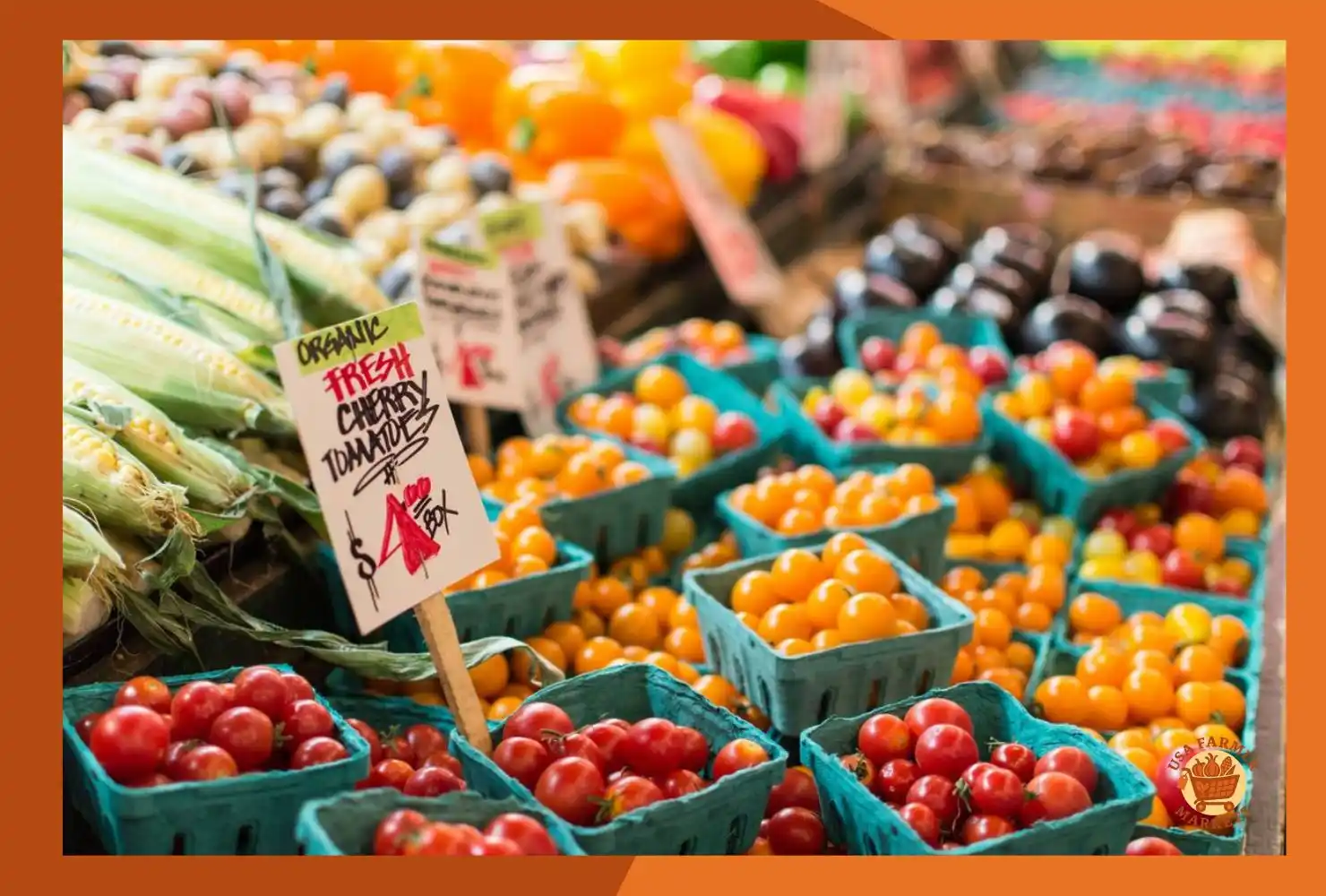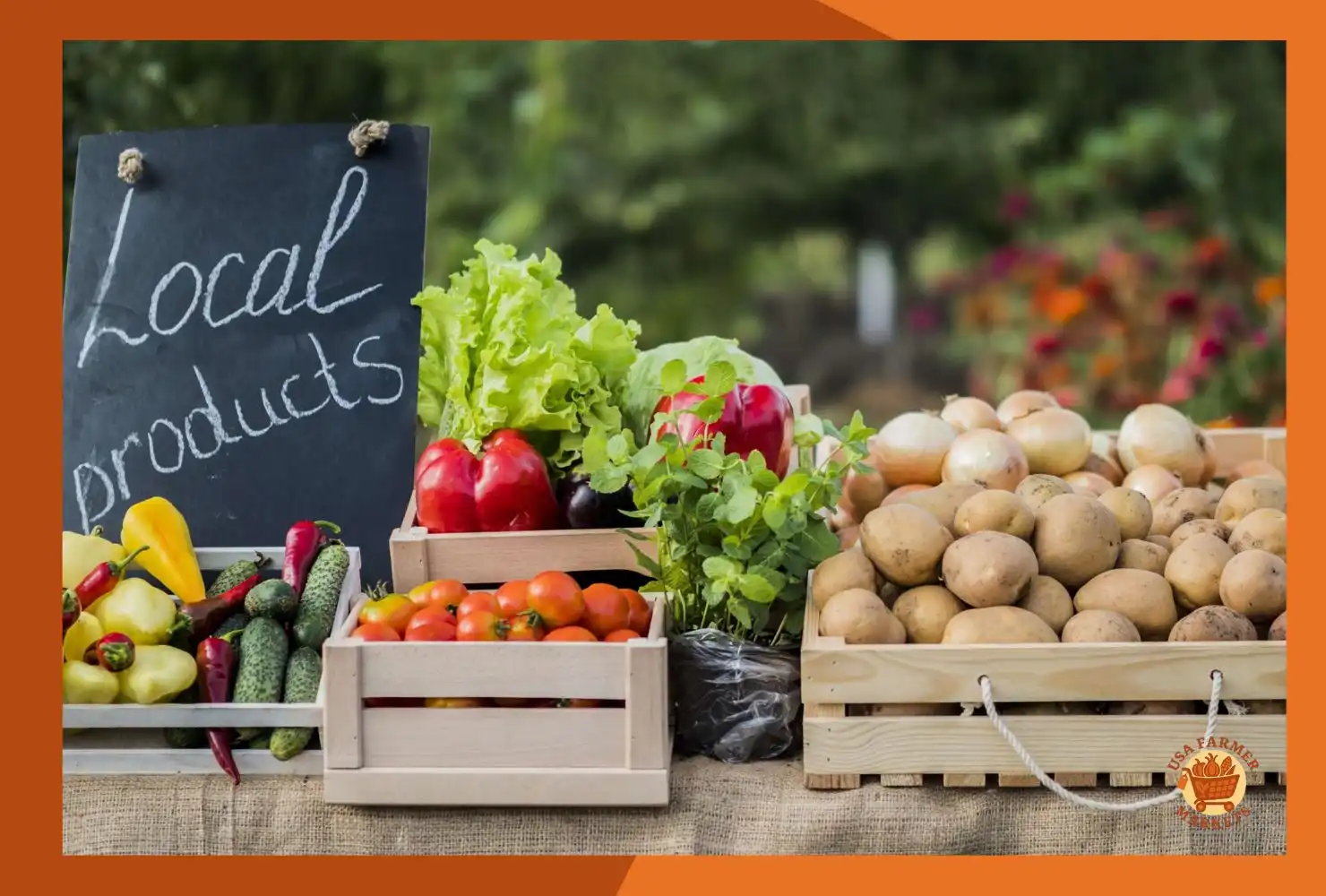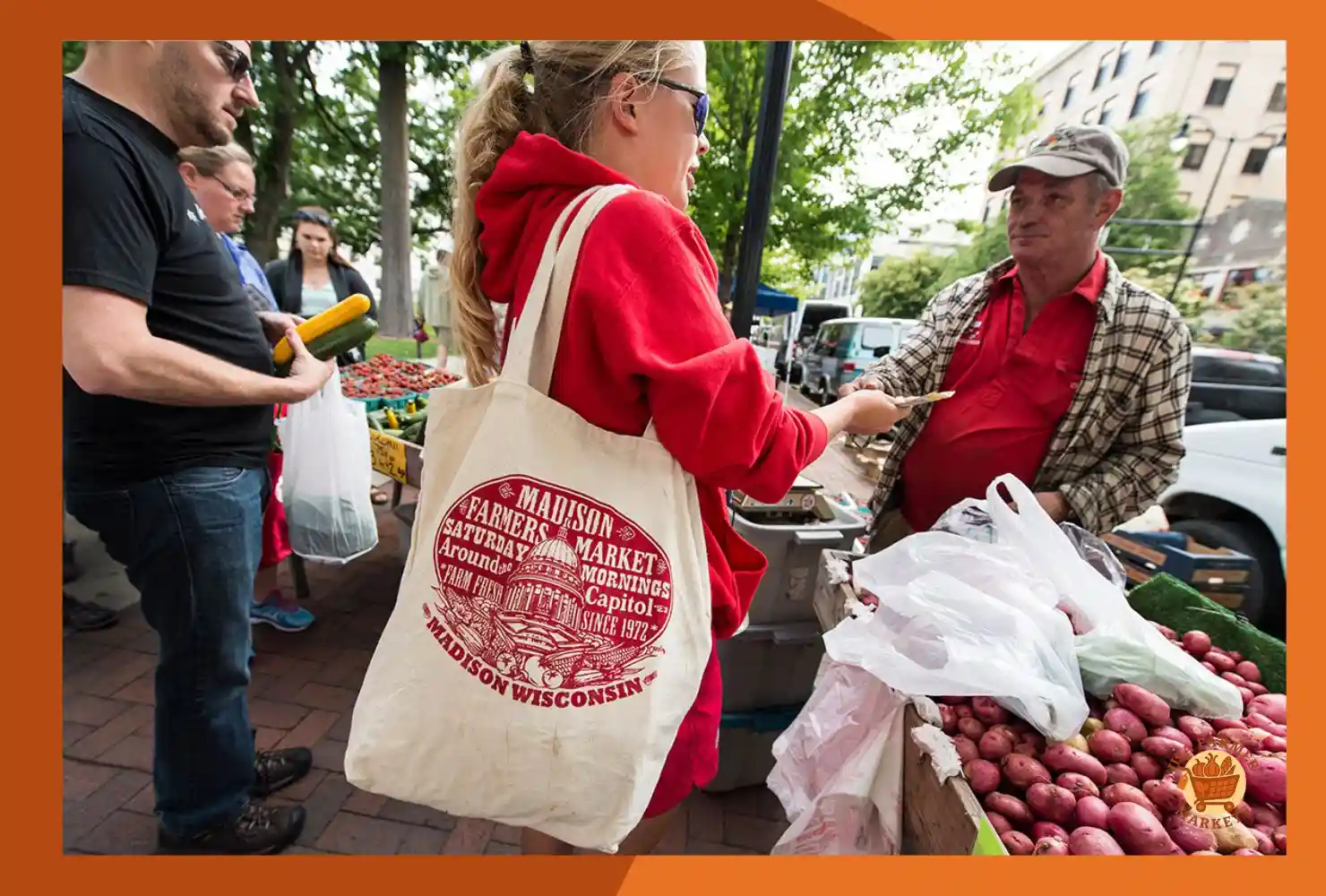Legal compliance is a critical part of running a successful farmers market. Without the proper permits, licenses, and insurance, a market can face fines, shutdowns, or liability issues. For organizers, understanding the legal landscape protects vendors, customers, and the market’s long-term reputation.
This guide outlines the essential legal requirements and strategies to ensure your farmers market operates within the law while maintaining professionalism. Understanding permits and licenses is essential when following a farmers market startup guide for new organizers.
Table of Contents
ToggleUnderstanding the Legal Framework
Farmers markets are subject to multiple layers of regulations:
-
Local regulations: City or county ordinances often govern market setup, operating hours, and use of public spaces.
-
State/provincial laws: Food safety, health permits, and business licensing requirements vary by region.
-
Federal regulations: Depending on products sold (e.g., meat, dairy), national agencies may have additional oversight.
Compliance requires staying informed about all applicable rules and adapting as regulations change.
Business Licenses and Registration
Every market operator must ensure the market itself is legally recognized:
-
Register your business entity: Common options include nonprofit, LLC, or sole proprietorship.
-
Obtain a business license: Most municipalities require this for commercial activities.
-
Tax registration: Ensure your market collects sales tax or complies with relevant exemptions.
Proper registration establishes credibility and allows vendors to operate without legal obstacles. Vendor compliance monitoring is crucial for effective vendor recruitment and retention in your market.
Vendor Permits and Licensing
Vendors are responsible for their own legal compliance, but the market should enforce standards:
-
Health and safety permits: Required for prepared foods, dairy, meat, or seafood.
-
Cottage food licenses: Many states allow small-scale homemade foods with specific permits.
-
Business licenses: Vendors should provide proof of registration or tax ID.
-
Insurance coverage: Liability insurance protects against accidents or product claims.
Maintaining clear documentation prevents fines and protects market reputation.
Food Safety and Health Regulations
Food handling is one of the most tightly regulated aspects of farmers markets:
-
Temperature control: Proper storage for perishable items like dairy, meat, and seafood.
-
Hygiene: Vendors must follow handwashing, sanitation, and glove use requirements.
-
Labeling: Clear ingredient lists, allergens, expiration dates, and origin labeling.
-
Inspection compliance: Markets may require proof of regular inspections or certifications.
Enforcing food safety ensures customer trust and reduces liability risks.
Insurance Requirements
Insurance is essential for market protection:
-
General liability insurance: Covers accidents, property damage, or injuries at the market.
-
Vendor insurance: Require vendors to carry their own coverage.
-
Event insurance: Protects the market during special events, festivals, or high-traffic days.
Insurance requirements should be clearly stated in vendor agreements.
Property Use and Permits
Markets often operate on public or leased property, which may require additional permissions:
-
Street closure permits: Needed if roads or sidewalks are blocked for the market.
-
Park or public space permits: Required for setup in municipal parks or community areas.
-
Temporary structure permits: Tents, booths, and signage may need local approval.
Coordinate early with local authorities to avoid conflicts and delays.
Compliance with Labor Laws
If your market hires staff or volunteers, labor compliance is important:
-
Minimum wage and overtime rules for paid employees.
-
Volunteer agreements and liability waivers.
-
Proper record-keeping for payroll and tax purposes.
Ensuring labor compliance avoids fines and legal complications.
Ongoing Compliance Monitoring
Legal compliance is not a one-time task. Markets should:
-
Keep updated with changing food and business regulations.
-
Conduct regular checks of vendor permits and insurance.
-
Document all compliance activities and maintain records for audits.
-
Educate vendors about legal requirements through training or handbooks.
Ongoing vigilance ensures the market remains lawful and professional.
Communicating Rules to Vendors
A clear communication strategy helps prevent misunderstandings:
-
Provide a vendor handbook detailing required permits, licenses, and insurance.
-
Include deadlines for submission and renewal of documents.
-
Offer guidance on obtaining licenses or completing certifications.
-
Enforce rules consistently to maintain fairness and safety.
Transparent communication strengthens vendor relationships and protects the market.
Final Words
Legal compliance and permits are the foundation of a professional and sustainable farmers market. By understanding local, state, and federal requirements, securing proper documentation, and enforcing clear standards for vendors, organizers can minimize risk and ensure smooth operations.
Markets that prioritize compliance gain the trust of vendors, customers, and authorities, positioning themselves for long-term success.

